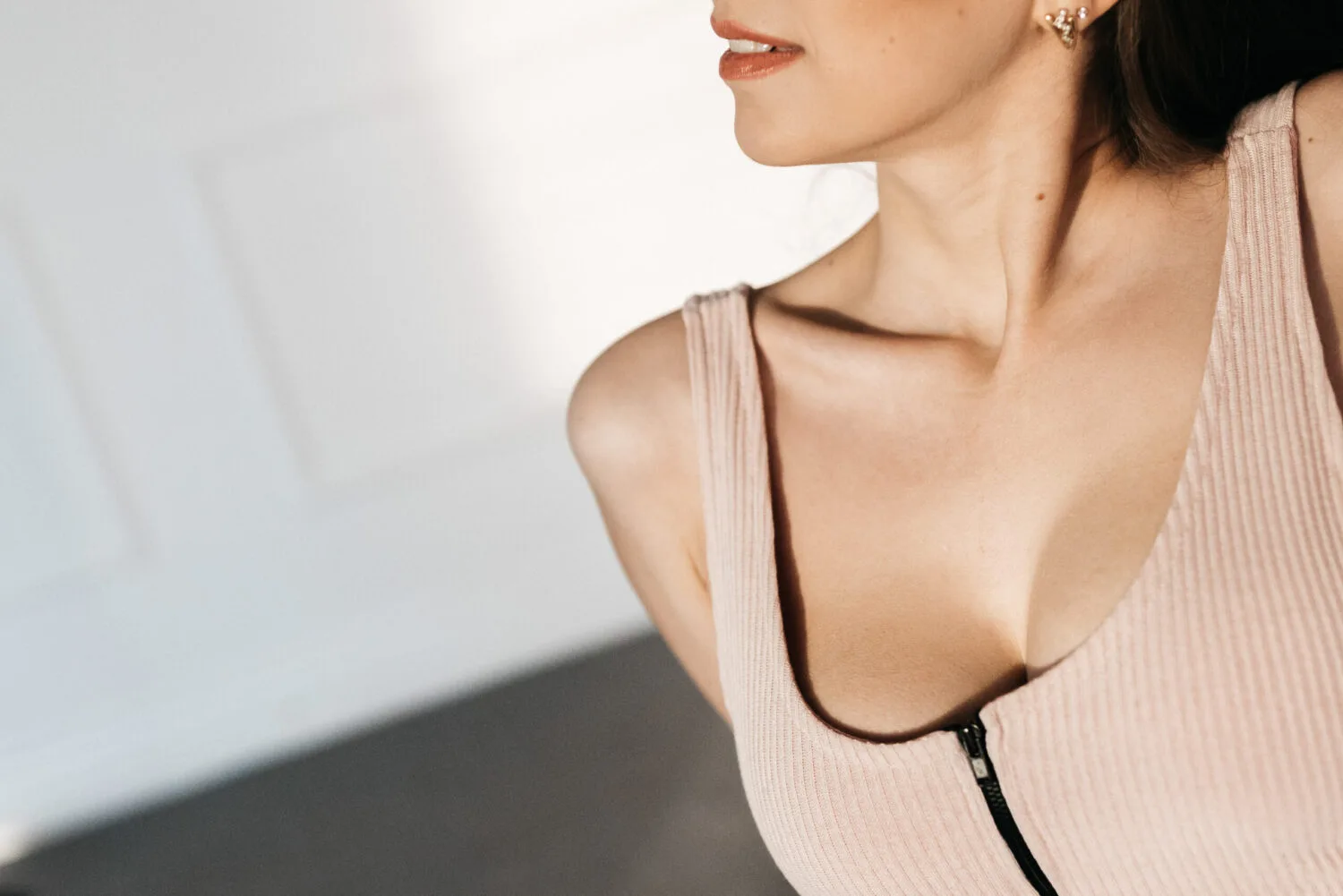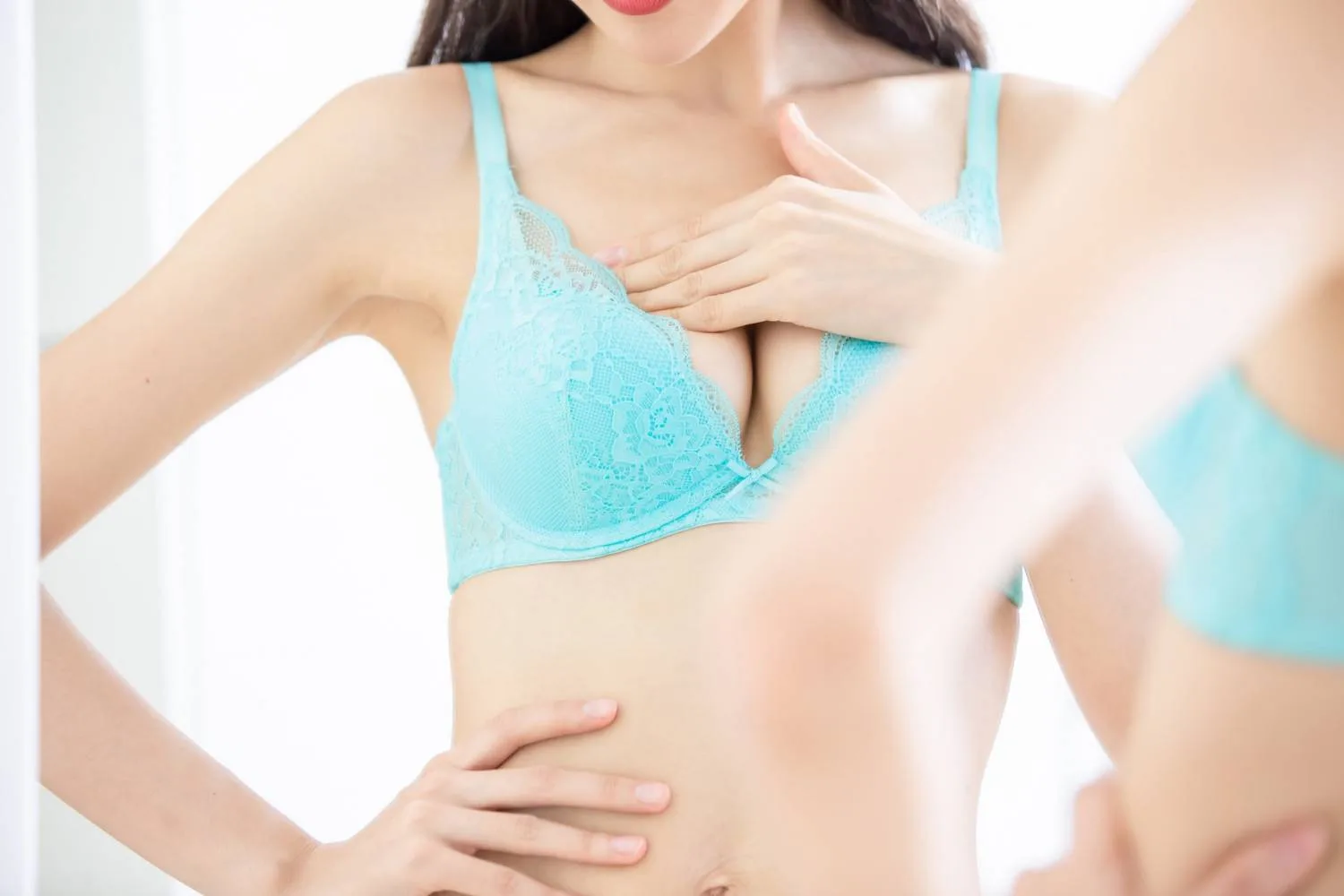After a breast reduction, some surgeons may use drain tubes to help remove fluid build-up at the incision sites. Drain tubes are not always used as they require careful cleaning and can be a source of bacteria if not cleaned properly by the patient.
This is why breast reduction drains are not used by the CREO Clinic as part of recovery.
In this article, we will touch on some of the most important topics surrounding the use of drain tubes in breast reduction.
Why Do You Need Drains After Breast Reduction?
Avoiding fluid build-up is the main purpose of surgical drains. The use of drainage tubes had been reported to lower the possibility of developing a seroma – a small accumulation of fluid under the skin that appears as a small and benign but often painful lump.
However, recent studies have concluded that this is not the case. The best way to avoid complications, such as seromas, is with good control of any bleeding and by closing up open spaces with internal sutures.
The CREO Clinic’s use of other clinical techniques to circumvent the need for drain tubes has the double benefit of being more comfortable as well as more effective.
Where Are Surgical Drains Located?
Drain tubes are small plastic tubes inserted gently under the surface of the skin at different points of the incision sites on your breasts. Generally, they lead to a receptacle, such as a small vacuum bulb that can be removed and emptied once it is full.
How to Care for Surgical Drains
You may need to empty the vacuum bulbs attached to your drain tubes around two or three times a day, although this will vary from person to person. This process needs to be as sanitary as possible so as to avoid getting bacteria into incision sites.
Another vitally important part of drain tube management is ensuring that the tubes are not pulled, as this can reopen wounds and be detrimental to healing.
When Are Breast Reduction Drains Removed?
In general, drain tubes are usually removed within 3 to 5 days after the reduction procedure when the amount of fluid produced by the wounds has reduced.
At this stage, the drains will no longer be necessary to promote successful healing, and the body can be allowed to continue to do its work unaided.
Is a Breast Reduction Worth It?
Many women find that breast reduction can have a transformative effect on their lives. A reduction can alleviate postural problems, help to ease lower back pain, or simply reshape their body in a way that makes clothing fit more comfortably.
Overall, having a breast reduction is a deeply personal decision, so make sure to be as informed as possible by exploring all the potential benefits and drawbacks.
Schedule a Consultation with CREO Clinic Today
Should you be considering breast reduction surgery, book a consultation at the CREO clinic with Dr. Omar Tillo, our experienced, double-board-certified surgeon.
As a specialised breast reduction surgeon, Dr.Tillo will establish a bespoke treatment plan, collaborating with you to set a surgery path to help to bring you the breast reduction results you desire and more confidence in the feel and aesthetic of your body







